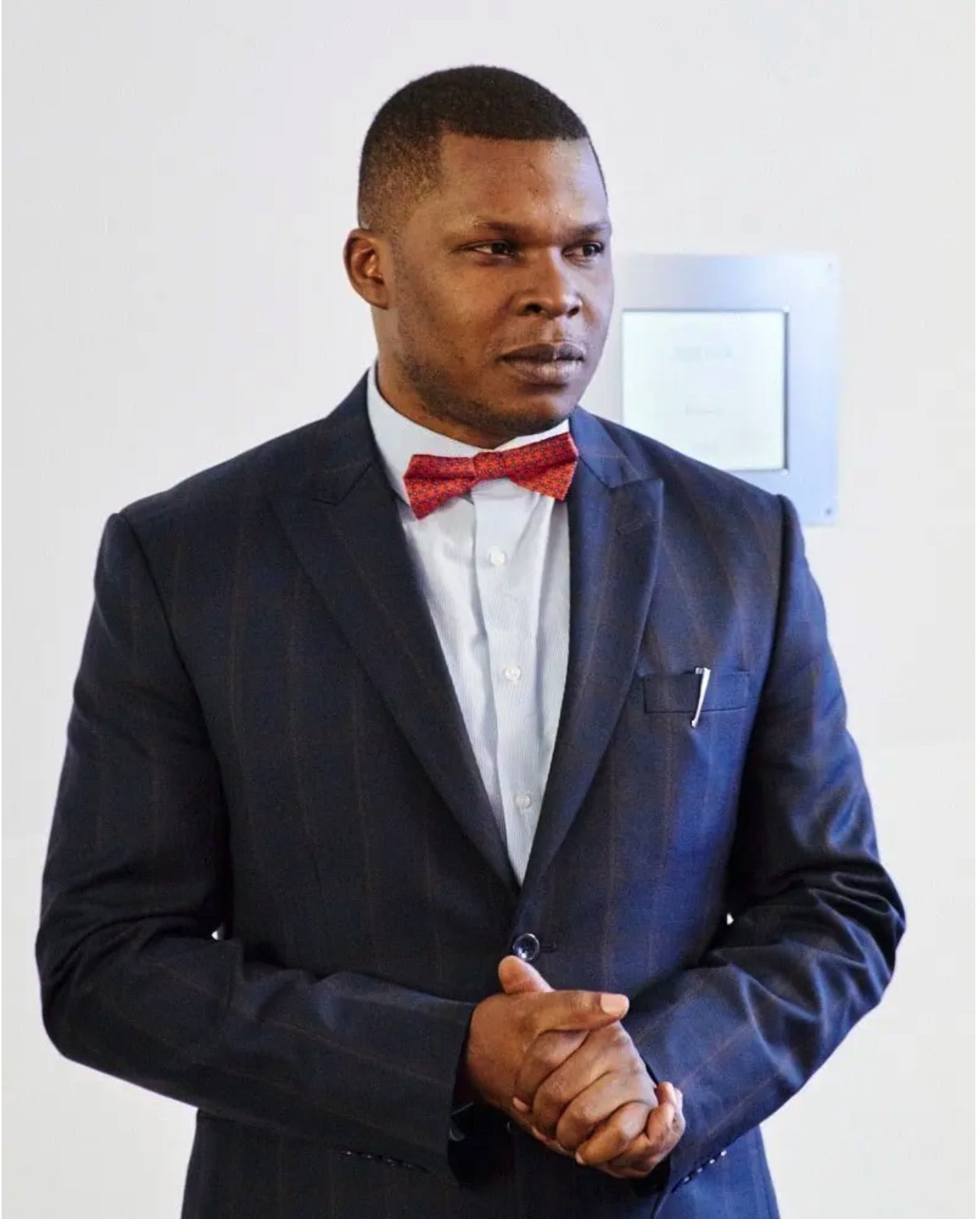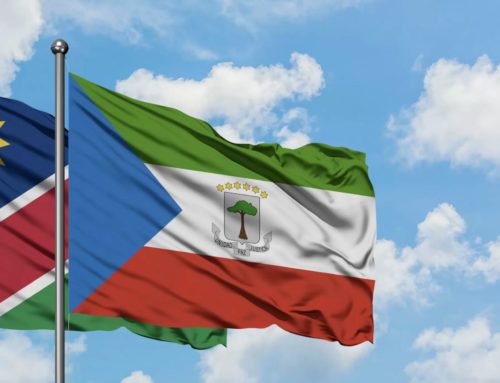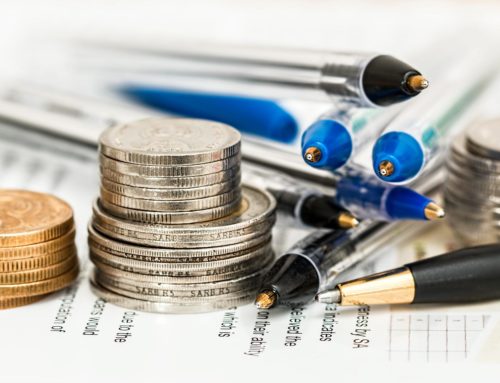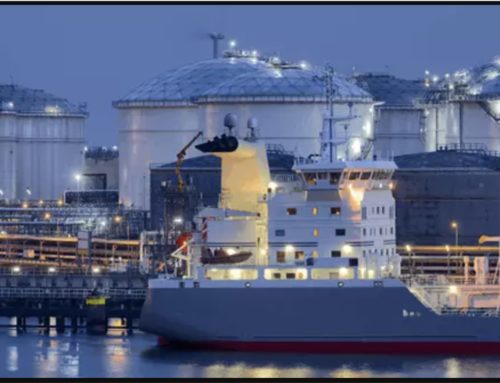
Major Renewable Operations in North Africa
For those who have not heard of it, Yale Environment 360 is an online magazine that covers news, analysis, and debate about the environment around the world. Recently, they published an article about Europe’s burgeoning interest in North Africa’s solar and wind resources as the world powers begin moving toward renewable energy.
It’s indisputable that the global acceleration towards renewable energy bears significant potential for North Africa and Europe alike, but there are additional interests across Africa that must be carefully considered. As many know, I am a prevailing advocate for Africa’s oil and gas industry. Because of this, I tend to look at these huge solar and wind farms in terms of what environmental, social, and economic issues they might cause.
To explore alternative points of view, I’ve chosen to do my own follow-up to YaleE360’s article on Europe’s interest in North African renewables. I share my insight on North Africa’s nuanced progress in renewable energy and the importance of balancing economic growth with the protection of the environment, community, and culture.
These are a few of the dimensions that I evaluate as Africa seeks to make a just transition toward renewable energy.
Major Renewable Operations in North Africa
North Africa truly does possess great potential for using renewable energy sources.
Solar installations in North Africa can create three times as much electricity as their geographic counterparts in Europe. Geographically, North Africa is a natural place to leverage both solar and wind resources.
This potential has led to the development of multiple ambitious projects that can help the world move toward cleaner energy sources in efficient ways.
Noor Solar Complex in Morocco: This complex is the largest concentrating solar-thermal power (CSP) plant in the world. By using the area’s abundant sunlight, the Noor complex hopes to reduce Morocco’s use of fossil fuels and make the country’s energy future significantly more sustainable.
Egypt’s Benban Solar Park: This installation in Egypt is a similarly ambitious plan to capitalize on the sun’s power throughout North Africa. Benban is projected to be one of the biggest solar projects in the world, reducing carbon emissions and powering more than 100,000 homes.
Xlinks Morocco-UK Power Project: The Xlinks Morocco-UK Power Project is an ambitious installation that combines both solar and wind power. Set to be developed in Morocco, the proposed 3.6-gigawatt power plant proves that North Africa can be a leader in the renewable energy industry. Xlinks uses undersea cables to send clean energy from the region to the UK, which is of particular interest to Europe, as YaleE360 indicates.
Morocco’s Noor, Egypt’s Benban, and the Xlinks Morocco-UK proposal all show how much renewable energy North Africa has to offer. This is the key to a more sustainable energy future for the region and the rest of the world.
Renewable Energy
Renewable energy projects in North Africa may, like all things, have unintended consequences. The disturbance of desert ecological habitats and animal pasture appropriation are but two of these concerns.
Adding more infrastructure for renewable energy can levy significant harm to habitats, plants, and animals in the desert. Pastoralist groups that depend on these lands for their way of life may also find their livelihoods in jeopardy.
By tendency, large-scale projects often overlook the environment and how they may affect the communities that depend on it. Without sufficient community involvement and evaluation of environmental risks, issues may arise that hinder the long-term success of the project. Sustainable development means working with local people and performing ecological evaluations to mitigate negative effects.
A couple big worries on the horizon are people moving away from their homes and the destruction of cultural heritage. With the growing number of projects that use renewable energy, some families are being forced to move, bringing disruption to their communities and causing them to lose their ancestral homes.
The unique history, traditions, and cultural heritage monuments may be in danger due to development. These risks must be carefully examined by project planners and developers in order to ensure that the cultural heritage and communities of these areas are safeguarded.
Ethics Of Exporting Power
A major aspect of renewable energy projects in Africa is the exportation of the power they produce.
As it stands today, less than half of the people in Africa have reliable power. This inhibition slows down economic and social development. The lack of electricity for millions of people in Africa hurts their ability to learn, receive health care, and enjoy prosperous lives.
Even though Africa has a large and obvious need for energy, much of the power from these renewable energy projects is aimed directly at Europe. Exporting electricity to Europe makes money and helps people work together across borders, but should both profits and the welfare of European countries be put ahead of energy-poor African countries?
A compromise is needed between the economic benefits of exporting power and the moral obligation to meet Africa’s energy needs. Interested parties must decide upon policies that account for the fair distribution of resources.
Power Struggles and Regional Conflicts
Projects to develop renewable energy in North Africa will absolutely have an impact on the political and societal climates across African countries.
Frequently, people perceive these initiatives as attempts to seize tribally-run lands. Local communities could see the initiatives as legitimate threats to their independence and cultural identity, which could bring about tension or outright opposition.
Currently, there is a dispute of this nature in Western Sahara, where Morocco is building wind and solar power plants. The native Sahrawi people and the Polisario Front, which is an independence group for the Sahrawis, have been fighting for self-determination for decades, even though Morocco claims to be the rightful ruler. Morocco could exacerbate the situation by planning additional projects for renewable energy in Western Sahara.
Projects in North Africa that make use of renewable energy must be developed in a way that does not disturb these regional conflicts. Developers, governments, and international organizations have a duty to listen to the local people, respect their concerns, and make sure that their projects take into account the local cultural, social, and political situations.
Working Together to Decrease Our Environmental Impact
Even though renewable energy projects in North Africa have their hurdles, countries, communities, and businesses can indeed work together and create prosperity.
By working together to protect biodiversity and develop green energy, countries in the region can get the most out of renewable energy while minimizing its downsides. The key will be to incorporate joint research, innovation, and regional regulatory frameworks that put social and environmental concerns at the forefront.
This includes taking the time to perform thorough environmental and social assessments, working with local people, and coming up with strong monitoring and enforcement plans to make sure laws and best practices are followed.
The renewable energy sector in North Africa bears great promise for the region and the rest of the world. For these projects to lead to a sustainable and fair future with renewable energy, their environmental, social, and political effects must be carefully examined and dealt with. North Africa can lead the global renewable energy revolution if it works together and puts the health of its people and the environment first.
Energy Prospects in North Africa
After reading and reviewing YaleE360’s thoughts on Europe’s relationship with North African renewable energy, I believe there is a strong case to be made for benevolent partnership.
But these initiatives must address environmental, social, and ethical issues if they are to create long-term growth and regional cooperation. Even if entire regions switch to renewable energy, oil and gas still will be relied upon to meet current energy needs and grow the economy.
This is the ultimate key: To make a cleaner, stable energy future, we need to find a balance between oil, gas, and renewables. North Africa can use renewable energy resources to buttress its oil and gas industry in the global energy market if transition plans are developed that take the appropriate diligence to get to know local communities, economies, and heritage first.









